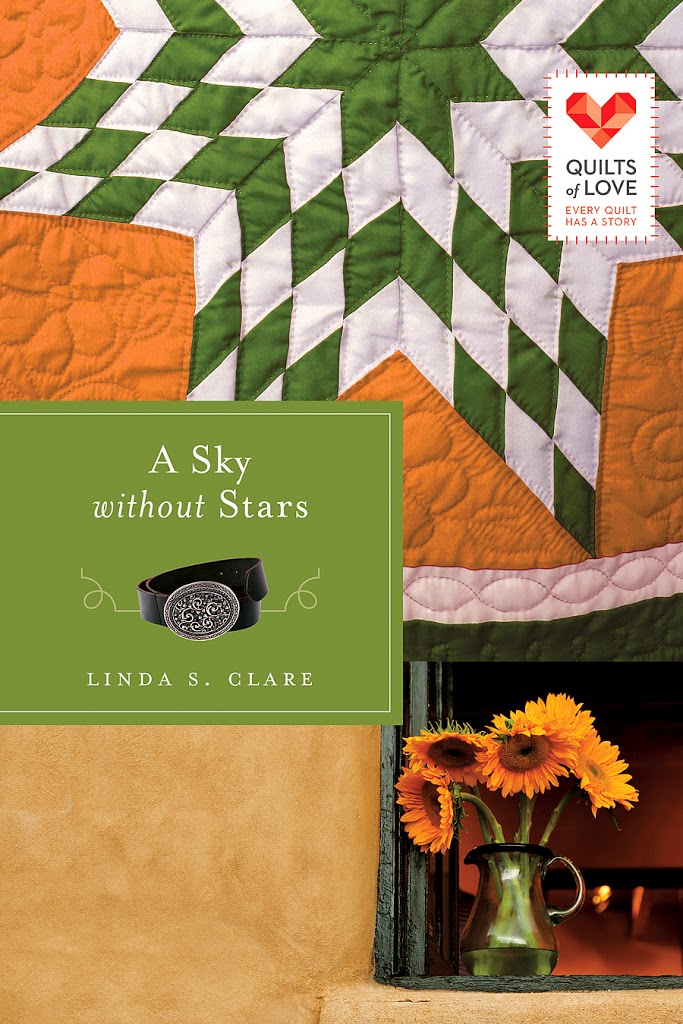
Writers are often told to grow a “thick” skin” so they can survive the truckloads of rejection, critique or poor reviews that fall on many writers’ heads. Nobody likes feeling rejected, whether by an agent, editor or reader. Yet writers often secretly suffer every time someone makes a less than flattering statement about their writing.
Writing Tip for Today: Instead of a thick skin, why not change your attitude? Here are some ways to feel less hurt and more hopeful as you work toward mastering the writing craft:
- It’s Not About You. Although we tend to take personally every critical word, we can gain a little distance if we stand where the reader (or editor or agent) stands. If a reader pans our work, we can try to understand what was missing and work on our skills. If an editor says, “No thanks,” it may well be because the publication recently published a similar story, the company has only so many “slots” per season or other nonwriting reasons. An agent must constantly have a sense of what editors are looking for, and pass over your work if it doesn’t fit the criteria. If you make what you’ve done less about you and your ego and more about satisfying readers, I think you’ll make more progress as a writer.
- Different Strokes. Some people like country music. Others love rock and roll. As in music, readers like different types of stories. I love a first-person narration and am often attracted to stories in the YA genre. But you may only live to read and write a murder mystery. Even editors and agents have preferences. Your work may not be universally loved by everyone–but that’s OK. If we all wrote the same way, Reader John would have a very dull reading experience indeed.
- Never Stop Improving. After the sting of a poor review, rejection or critique has a chance to die down, take a step back and ask yourself if anything others have said feels true. Are there skills you could develop better? I recommend writers stop always being in “performance” mode–where it’s usually thumbs up or down. Learn from criticism. Even famous writers are usually looking for ways to be even better. And if you can’t handle reading a scathing appraisal, stop torturing yourself and quit reading them. Many bestselling authors NEVER read reviews, noting that a negative one can stop the flow of creativity. If criticism causes you to stop writing, it’s a sure sign that you need to write more!
I’m excited to launch my new novel, A SKY WITHOUT STARS! You can purchase the book at these links:




